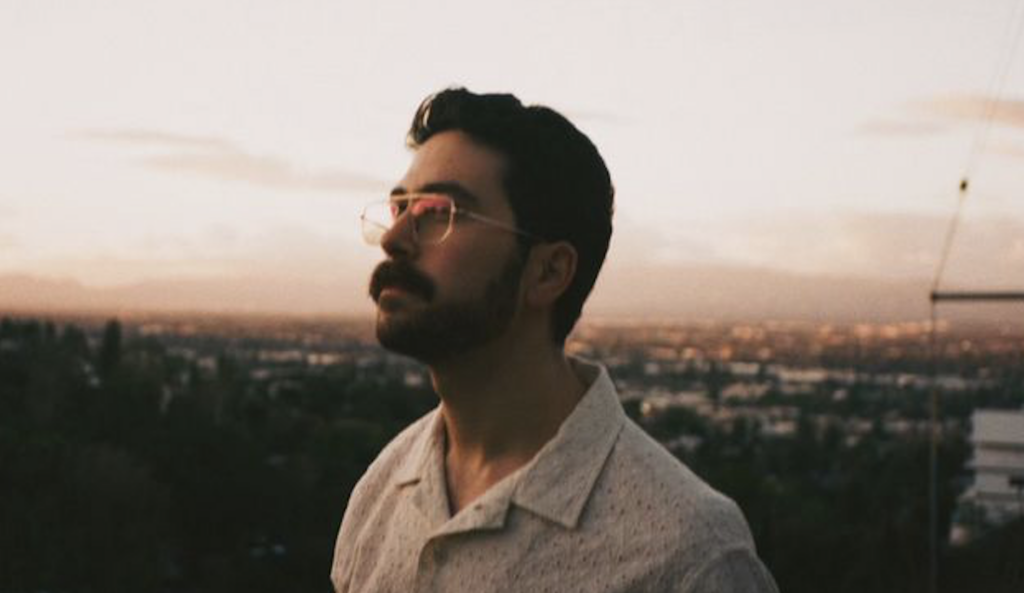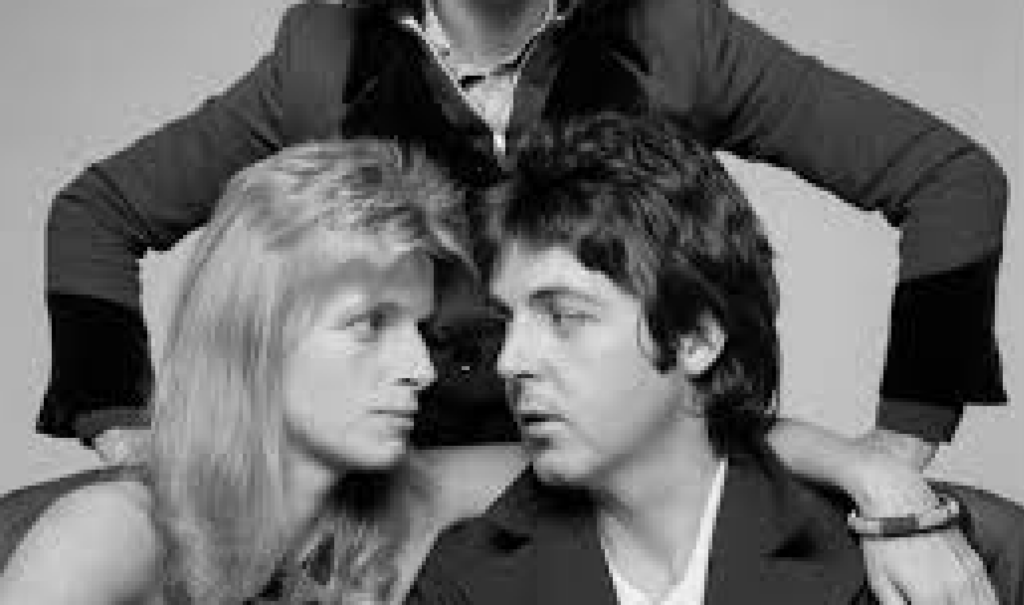Tim Burton’s signature style is back for Beetlejuice Beetlejuice, but so is his inability to rein it in
The problem comes with how many ideas the film tries to shoehorn in, and the short shrift it gives classic characters as a result.
For all its zany maximalism, 1988’s Beetlejuice is a surprisingly straightforward movie, plot-wise: Young couple dies and becomes ghosts, new family moves into their house, ghosts try to get rid of new family with help from a sleazy demon, antics ensue.
The original Beetlejuice is a tight 92 minutes, and manages to economically pack that runtime with creative details, memorable jokes and rounded characters. The film’s deceptive simplicity is what allows for all the parts that have made it iconic.
Burton’s return to the well, the cleverly-titled Beetlejuice Beetlejuice, is only a few minutes longer than its predecessor, but like most late-career Burton films, its storytelling economy has gone by the wayside. The new movie is still plenty fun, but it’s got plots on plots on plots packed into a space that can’t quite hold it all.
There’s a very good sequel underneath all that excess baggage that you can almost see. Unfortunately, as it is, you’ll just have to settle for an enjoyable-enough rocket-powered nostalgia trip.
36 years on from the events of Beetlejuice, Winona Ryder’s Lydia Deetz is now a TV psychic with a smarmy new-age fiancé, Rory (Justin Theroux) and a teenage daughter, Astrid (Jenna Ortega) who barely talks to her. After Lydia’s dad Charles dies in a plane crash (a convenient way to avoid the mega-canceled Jeffrey Jones), Lydia and her stepmom Delia (Catherine O’Hara) head back to the family homestead in Winter River to clear out the house, Astrid and Rory in tow.
While there, Astrid catches the eye of a conspicuously always-home teenage boy (Arthur Conti). Lydia’s return also pings the radar of Michael Keaton’s Beetlejuice, who’s still doing live exorcisms on behalf of unhappy ghosts. Beetlejuice is keen to finally get Lydia to marry him, partly because of his ongoing obsession with her, and partly to escape his soul-sucking ex-wife Delores (Monica Bellucci).
The irreverent creativity of the original Beetlejuice is unchanged here and even expanded to give audiences more of the “Ghost with the Most’s” world. There are endless lines of the recently deceased bearing morbidly funny wounds, nonplussed dead civil servants and alleyways with German Expressionist angles and colors. A “Soul Train” that takes spirits to the great beyond operates like…well…an episode of Soul Train, complete with ghostly dancers in leisure suits, afros and platform shoes, and a facsimile of Don Cornelius acting as conductor.
It’s great to spend so much time exploring the world that was so efficiently and tantalizingly set up in the first movie. Burton even throws in a couple of clever references to other horror classics for good measure (there’s an extended flashback played out in the style of Mario Bava’s Black Sunday, and a dream sequence that pays welcome homage to Larry Cohen’s It’s Alive).
The problem comes with how much the film tries to shoehorn in, and the short shrift it gives some characters as a result.
Bellucci’s Delores could be removed entirely from the movie with little to no effect — there’s the distinct impression she’s only here so Burton could give his partner a role. Most of the time, her character storms down hallways in search of her erstwhile hubby, pursued by an underworld cop (Willem Dafoe) who also doesn’t get enough to do. Yet another new character is thrown in as a deus ex machina, when the whole film would be better served if they were more present. It’s slapdash, untidy screenwriting that does a disservice to the original film’s tight storytelling.
Beetlejuice Beetlejuice is entertaining, and scratches the itch for more of the aesthetic that made the 1988 movie such an enduring standout. It’s loving enough that it escapes the craven cash-grab territory that plagues most legacy sequels. Unfortunately, it’s all too easy to see how it could’ve been even better. The indulgences that keep it from going there feel entirely the fault of the director.
Burton is clearly happy to be doing this again, but his worse directorial instincts are still getting the better of him.








